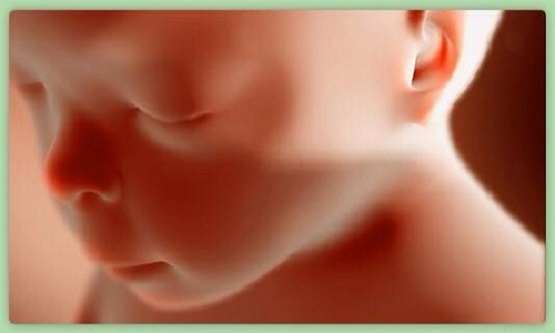Democrat leaders recently wrote an amicus brief to the U.S. Supreme Court opposing a Louisiana law that would protect women suffering from emergency abortion complications.
The case of June Medical Services v. Gee is scheduled for oral arguments on March 4 in front of the high court. It involves a Louisiana law that requires abortion practitioners to have hospital admitting privileges for patient emergencies.
Though Democrat leaders in Congress claimed they want abortions to be “safe,” they opposed the common-sense safety regulation.
The Hill reports 161 House Democrats and 36 Senate Democrats, including House Speaker Nancy Pelosi of California and Senate Minority Leader Charles Schumer of New York, signed onto the brief.
They claimed the Louisiana law serves “no medical benefit, while imposing undue burdens on access to abortion through increased costs and reduced availability of care. These burdens cause unnecessary delays and impose health risks to women.”
If allowed to go into effect, the law could shut down two of the three abortion facilities in Louisiana.
The pro-abortion Democrat politicians argued that the law basically would allow states to restrict abortion businesses out of existence.
“As with other statutes targeting abortion providers and facilities, the actual legislative intent here is to mandate requirements so difficult to fulfill that the inevitable outcome is the shuttering of abortion clinics and elimination of safe and legal abortions,” they wrote.
But state authorities have raised serious health and safety concerns about the state abortion clinics, including evidence that they may be failing to report the rapes of girls as young as 14 to authorities.
Click Like if you are pro-life to like the LifeNews Facebook page!
In November, the Louisiana Department of Justice announced suspicions about alleged criminal activity that may have happened at the Hope Medical Group, which is owned by June Medical Services. It accused the abortion facility of hiding evidence of criminal and professional misconduct from the U.S. Supreme Court as it challenges the abortion clinic regulation law. The state asked the Fifth Circuit to unseal documents in the closely-watched case.
According to Louisiana Right to Life, the Fifth Circuit denied the state’s request on technical grounds but indicated that it may appeal. More significant, however, were the revelations in Judge Jennifer Walker Elrod’s opinion.
Her opinion not only mentioned the sexual abuse cover-up allegations, but also new allegations about babies being born alive in abortions in Louisiana.
In one sealed deposition, Elrod wrote that “one abortionist, Dr. Doe 2, claims that another Louisiana abortionist, Dr. Doe 5, is inducing labor on women during the second trimester in order to perform an abortion. Elrod writes that Doe 2 stated that this type of procedure in the second trimester is outside the standard of care and a live birth is ‘certainly a possibility.’”
Hope Medical Group in Shreveport has a history of failing to meet basic health and safety standards. In 2010, state health department officials said they found “significant health and safety risks to clients” and recommended that its license be revoked; but a judge blocked the state from closing the facility. Hope Medical Group aborts unborn babies up to 16 weeks of pregnancy.
The shocking new revelations are reminiscent of the horrors that were uncovered at a Philadelphia abortion facility nearly a decade ago. Abortionist Kermit Gosnell later was convicted of murdering three newborn babies, putting women’s lives at risk and numerous other crimes at his “house of horrors” abortion facility.
The Gosnell case prompted a number of states to pass abortion clinic regulations such as the one currently at issue before the U.S. Supreme Court. Gosnell got away with his gristly, murderous abortion practice for years, in part, because of Pennsylvania’s lack of abortion clinic regulations.
The U.S. Supreme Court struck down a Texas law that is similar to Louisiana’s in 2016, arguing it burdened women’s access to abortion. However, the Fifth Circuit Court of Appeals upheld the Louisiana law in 2018, saying it “does not impose a substantial burden on a large fraction of women.”

Please click here to read the full story.
Author: Micaiah Bilger




